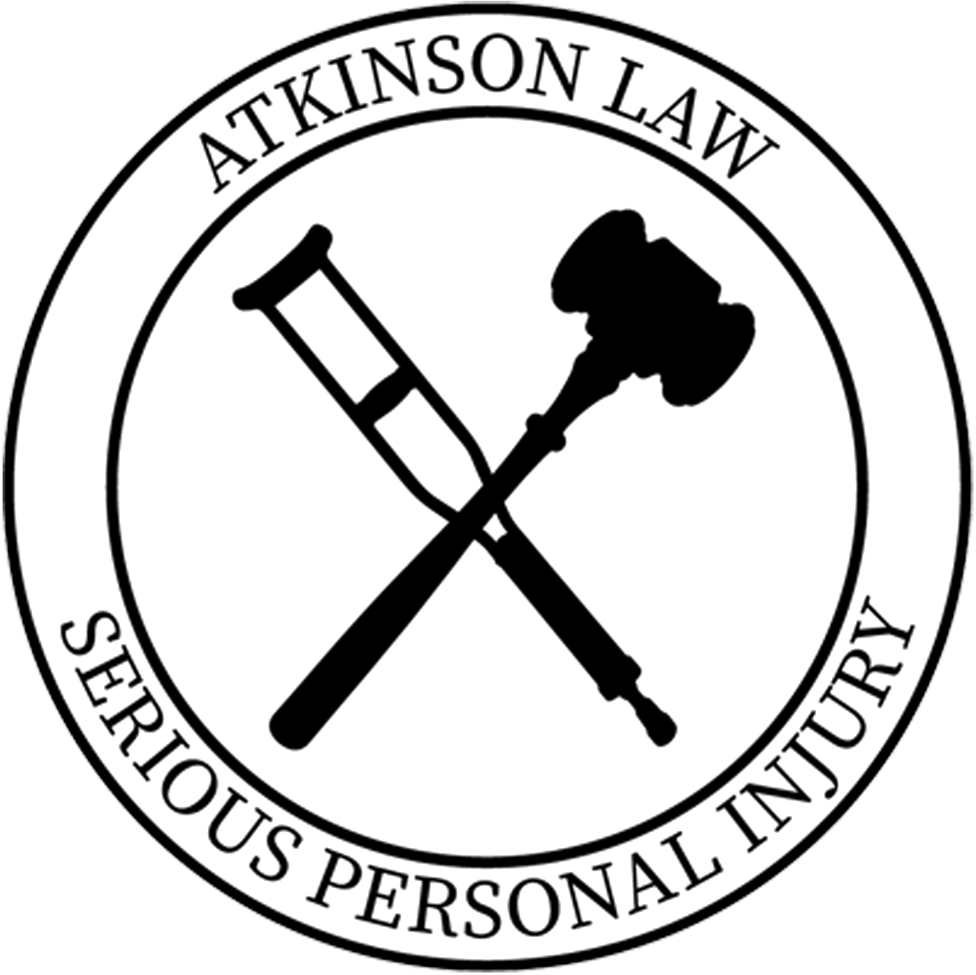
The statute of limitations in Virginia is the law that determines how long you have to take legal action against the party responsible for your injury. As the victim, you generally have a two-year window to file a personal injury lawsuit. However, this deadline can change depending on the details of your case.
To learn exactly how much time you have to file a claim, consult an experienced personal injury lawyer in Virginia. Don’t let time slip away; call today to protect your right to seek maximum compensation.
What Is the Statute of Limitations?
The statute of limitations is a legal principle that sets a time limit for filing a lawsuit. Essentially, it acts as a deadline beyond which you cannot pursue a legal claim. This restriction ensures that litigation is initiated quickly, preserving the value of evidence.
The applicable limitation period changes depending on the type of case and the circumstances of your accident. As an experienced personal injury attorney serving Virginia, I can review your claim to determine what deadline applies.
Get a free legal consultation
CALL 757-648-8579You Generally Have Two Years to File a Personal Injury Lawsuit in Virginia
The Code of Virginia § 8.01-243 generally sets a two-year limit for personal injury cases. This means that you can file a lawsuit against the responsible party within two years after the accident occurred.
The two-year limitations period applies to most types of accidents that fall under personal injury law, including:
- Car accidents
- Truck accidents
- Bus accidents
- Motorcycle accidents
- Bicycle accidents
- Pedestrian accidents
- Boating accidents
- Slip and falls
- Animal attacks
- Wrongful death
If you or a loved one were involved in an accident, seek immediate legal help to protect your rights. Depending on the details of your case, you might have more time or less than you think.
Other Types of Cases With Their Own Limitation Periods
While the majority of personal injury cases must be filed within a two-year window, certain claim types have a different statute of limitations. After reviewing the details of your case, an experienced attorney can determine the applicable period to your situation.
Medical Malpractice
For medical malpractice lawsuits, the applicable limitation period is extended to two years from the date when the injury was discovered, but it generally cannot exceed ten years from the date of the negligent act, as per the Code of Virginia Section 8.01-243.
These types of cases are particularly complicated because they have many special rules, and the deadline extensions apply under many circumstances, including:
- If you are still receiving treatment, the applicable period can be extended until after your medical treatment is complete.
- If the surgeon left a foreign object in your body, you have one year from the date you discovered or should have discovered the problem.
- If fraud, concealment, or misrepresentation of fact prevented you from discovering the medical malpractice within two years, you have one year from the date of discovering your injury to file a claim.
- If you are filing a medical malpractice lawsuit because a doctor fails to diagnose a malignant cancer or tumor, the statutory limitations period is one year from the date of diagnosis.
While Virginia does not follow the discovery rule, this can apply in some medical malpractice cases. The discovery rule means that the statute of limitations begins when the injury is discovered rather than when it occurred. A medical malpractice lawyer in Virginia can determine if this applies to your case.
Birth Injuries
As per subsection B of § 8.01-243, any claim for injury to property and expenses related to an infant’s injury must be filed within five years. This extended filing window recognizes that such situations may require additional time for assessment and action. However, don’t get fooled by a false sense of security; five years pass quickly, and any delay could jeopardize your case.
Damage to Personal Property
According to the Code of Virginia section 8.01-243, damage to property claims can be filed within a five-year statute. This includes damage to real property (like your land or house) and personal property (such as vehicle damage).
For example, if a neighbor’s tree falls and damages your house, you have up to five years to file a claim for repairs. Similarly, if another driver hits your parked car and causes damage, you also have five years to file a claim for vehicle repairs. A Virginia car accident lawyer will help you show the extent of your property damage so you can recover all your losses.
Cases Against Government Entities
When filing a personal injury case against government entities in Virginia, a shorter statute of limitations applies compared to standard personal injury cases. Typically, you have just one year from the date of the injury to file a notice of claim with the appropriate government agency.
With such a short window of opportunity, time is of the essence. The sooner you contact a lawyer, the more time they will have to strengthen your case. They must present a solid, evidence-based case to have a chance at winning.
Contact our personal injury lawyers today
GET FREE EVALUATIONWhen Does the Statute of Limitations Start?
Figuring out when the clock starts ticking is essential to filing a valid claim. For personal injury cases, the countdown begins when the accident happens. However, a different system may apply to other types of cases. For example, according to the Code of Virginia § 8.01-244, wrongful death cases must be filed within two years from the date of the victim’s death.
Don’t let confusion be a roadblock in your pursuit of justice. Knowing the starting point is like having a map. It helps you navigate the legal landscape more confidently.
What Happens if You Don’t Meet the Deadline?
Failing to meet the Virginia statute of limitations leads to potentially losing your right to seek justice. Your case could be dismissed, regardless of its merits, leaving you without a legal avenue to address the injustice you’ve experienced. To make sure that your claim is filed within the correct time frame, reach out to an experienced attorney as soon as possible.
Time is not on your side. As more time passes from the date of the accident, you risk losing valuable evidence. Witnesses may forget important details and physical evidence can get damaged or lost. By contacting me soon after your injury, I can use fresh evidence to build a strong case.
Exceptions to the Standard Time Limitations
Under Virginia Code § 8.01-229, the applicable limitation period can be paused under specific circumstances, extending the time limit. This is not just a legal detail; it’s a provision with real implications for your case. Knowing when and how the clock can be paused is a strategic advantage.
Consider if any of the following situations apply to your case.
Minors
When an individual entitled to file a lawsuit is a minor during the injury, the statute of limitations clock starts ticking after their 18th birthday. This means that the time during which the injured person is a minor is not counted as part of the limitation period. A Virginia child injury lawyer will help you file all the necessary documents before the statutory limitations.
The Injured Party Is Incapacitated
If a victim entitled to bring a legal action becomes incapacitated after the accident, the time during which they are incapacitated is not calculated as part of the applicable limitation period. Incapacity, in this context, refers to a condition that prevents an individual from pursuing legal action.
Death of a Party
In the event of the death of a party, specific provisions come into play. If an individual entitled to initiate a personal action passes away, their personal representative can file a wrongful death lawsuit within a designated time frame.
Conversely, should the defendant pass away, a claim against the deceased’s estate is possible within a specified period of time. A wrongful death lawyer in Virginia will help you navigate the claims process.
Injunctions
The statute of limitations is suspended when the start of any action is stayed by injunction. In personal injury law, an injunction is a legal remedy that involves a court order directing a person to stop a certain behavior.
If someone is experiencing harm due to recurring actions like ongoing negligence or environmental hazards, they can request an injunction. This legal measure aims to stop the responsible party from continuing the reckless conduct.
Obstruction of Filing by Defendant
If a defendant obstructs the filing of an action through bankruptcy petitions or other means, the time of obstruction is not counted as part of the limitation period.
Dismissal, Abatement, or Nonsuit
If an action is started within the applicable limitation period but abates or is dismissed without determining the merits, the time the action was pending does not count. Also, another action may be brought within the remaining period.
A Virginia Personal Injury Attorney Will Determine the Statute of Limitations for Your Case
As an experienced personal injury attorney, I understand that time is a valuable resource. While two years may seem like enough, unexpected obstacles can slow down your progress. Call my personal injury law firm immediately after the accident so we can start working on your case without delay.
Beyond just meeting deadlines, taking prompt action allows us to preserve crucial evidence while it’s still fresh and use it to strengthen your case. Every moment counts in securing a successful outcome for your personal injury claim. Contact Atkinson Law for a free legal consultation.
Call or text 757-648-8579 or complete a Free Case Evaluation form
CONTACT US TODAY